Indigenous Governance Database
COVID-19 Response and Recovery Policy Briefs
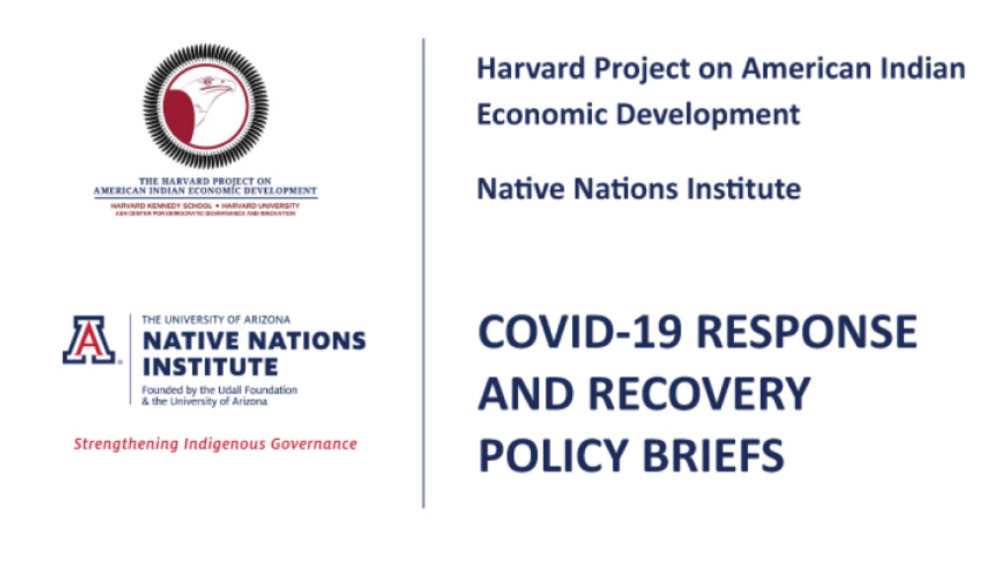
Policy Brief: Assessing the U.S. Treasury Department’s Allocations of Funding for Tribal Governments under the American Rescue Plan Act of 2021
The American Rescue Plan Act of 2021 (“the Act” or “ARPA”) has resulted in the single largest infusion of federal funding for Native America in U.S. history. The core of this funding is $20 billion for the more than 570 federally recognized American Indian and Alaska Native tribal…
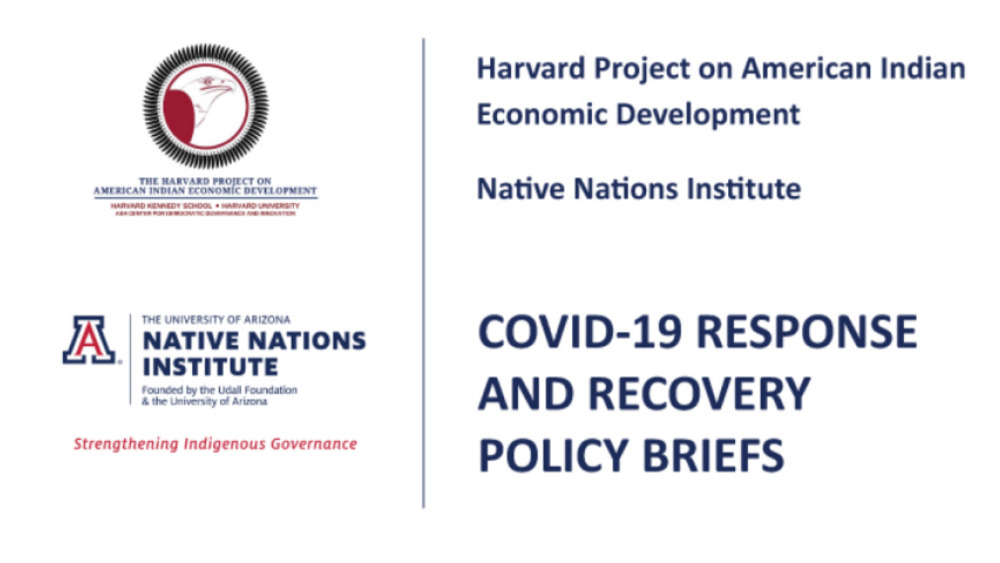
Policy Brief: Recommendations for the Allocation and Administration of American Rescue Plan Act Funding for American Indian Tribal Governments
The American Rescue Plan Act (ARPA) provides the largest infusion of federal funding for Indian Country in the history of the United States. More than $32 billion dollars is directed toward assisting American Indian nations and communities as they work to end and recover from the devastating…
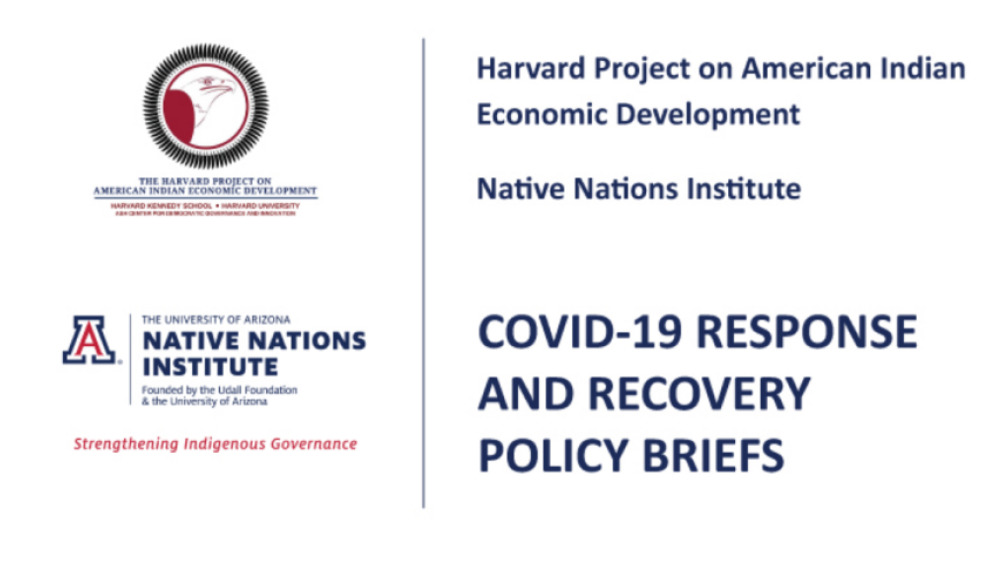
Policy Brief: Federal COVID‐19 Response Funding for Tribal Governments: Lessons from the CARES Act
The federal response to the COVID‐19 pandemic has played out in varied ways over the past several months. For Native nations, the CARES Act (i.e., the Coronavirus Aid, Relief, and Economic Security Act) has been the most prominent component of this response to date. Title V of the Act earmarked $8…
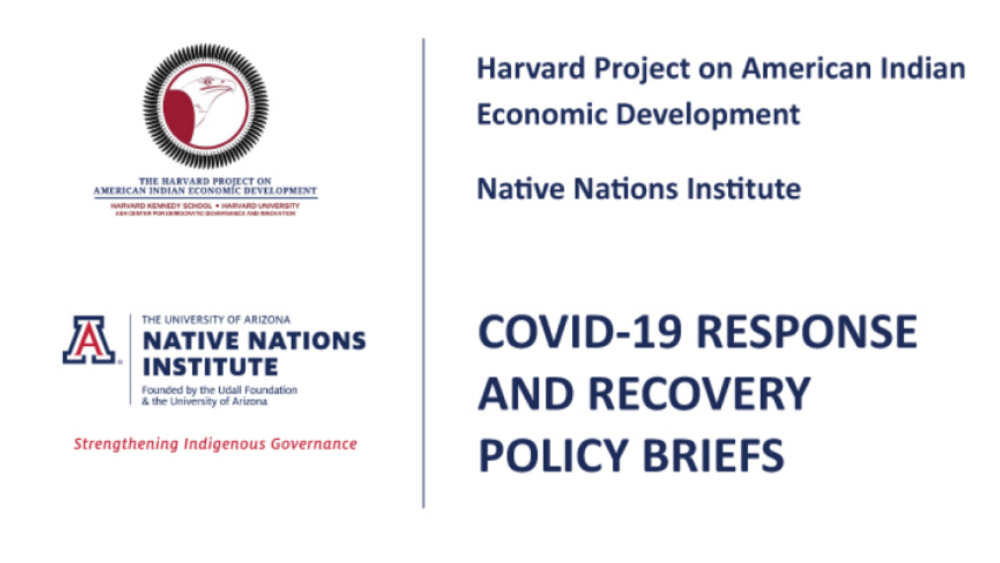
Policy Brief: Emerging Stronger than Before: Guidelines for the Federal Role in American Indian and Alaska Native Tribes’ Recovery from the COVID‐19 Pandemic
The COVID‐19 pandemic has wrought havoc in Indian Country. While the American people as a whole have borne extreme pain and suffering, and the transition back to “normal” will be drawn out and difficult, the First Peoples of America arguably have suffered the most severe and most negative…
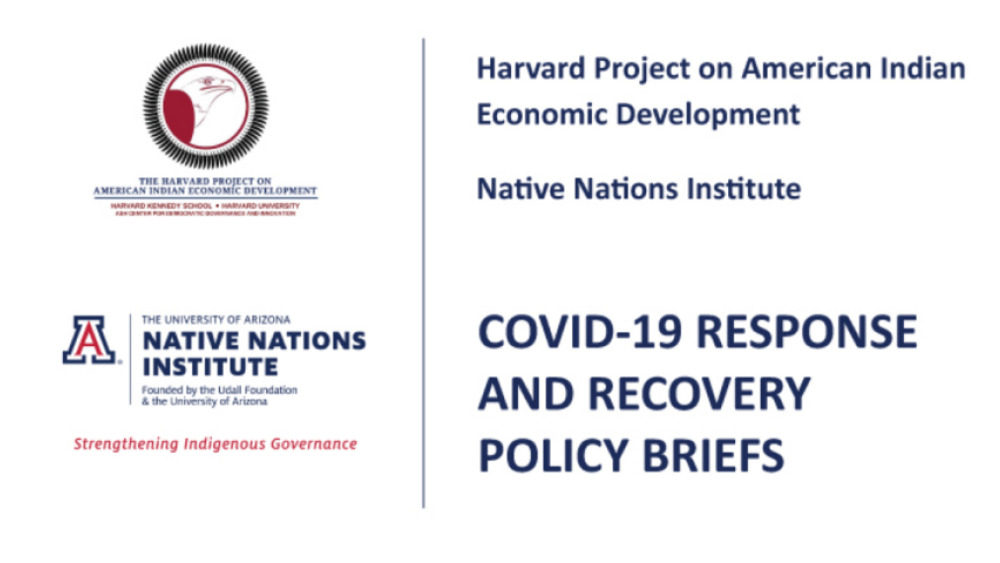
Policy Brief: Proposal for a Fair and Feasible Formula for the Allocation of CARES Act COVID‐19 Relief Funds to American Indian and Alaska Native Tribal Governments
Title V of the CARES Act requires that the Act’s funds earmarked for tribal governments be released immediately and that they be used for actions taken to respond to the COVID‐19 pandemic. These may include costs incurred by tribal governments to respond directly to the crisis, such as medical or…
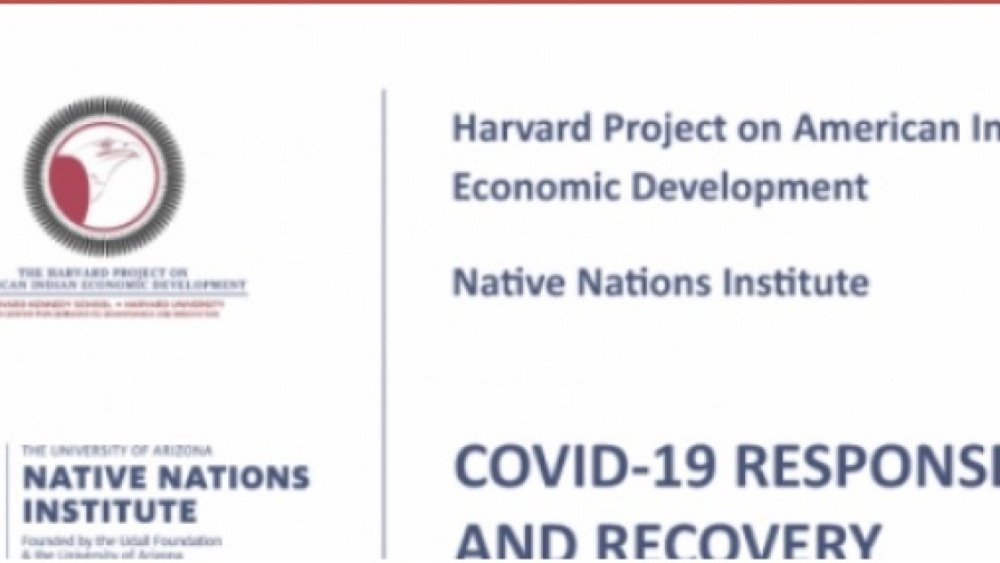
Policy Brief: The Need for a Significant Allocation of COVID‐19 Response Funds to American Indian Nations
This policy brief addresses the impact of the current COVID‐19 crisis on American Indian tribal economies, tribes’ responses to the crisis, and the implications of these impacts and actions for the US government’s allocation of crisis‐response funds to federally recognized tribes. We conclude that…
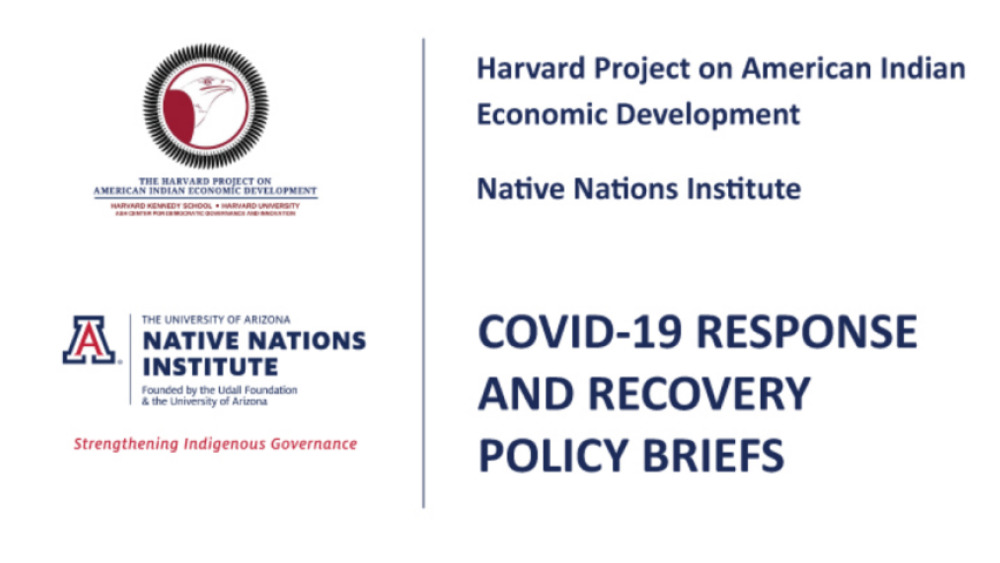
Policy Brief: Dissecting the US Treasury Department’s Round 1 Allocations of CARES Act COVID‐19 Relief Funding for Tribal Governments
In a joint statement, Treasury Secretary Mnuchin and Interior Secretary Bernhardt detailed the amount of CARES Act Title V funds that would be released for federally recognized American Indian tribes starting on May 5, 2010. They noted that the US Treasury Department would “distribute 60 percent of…
